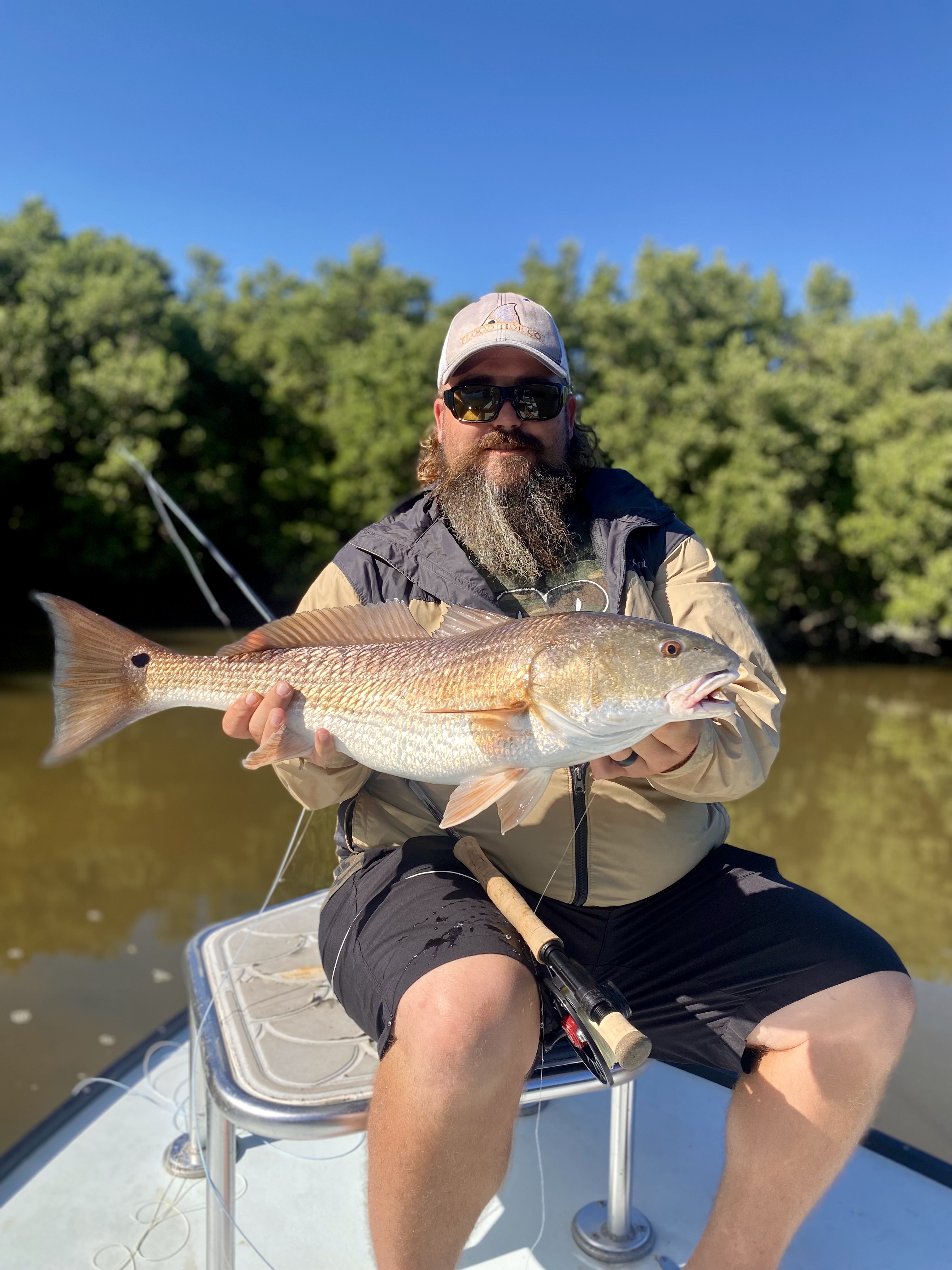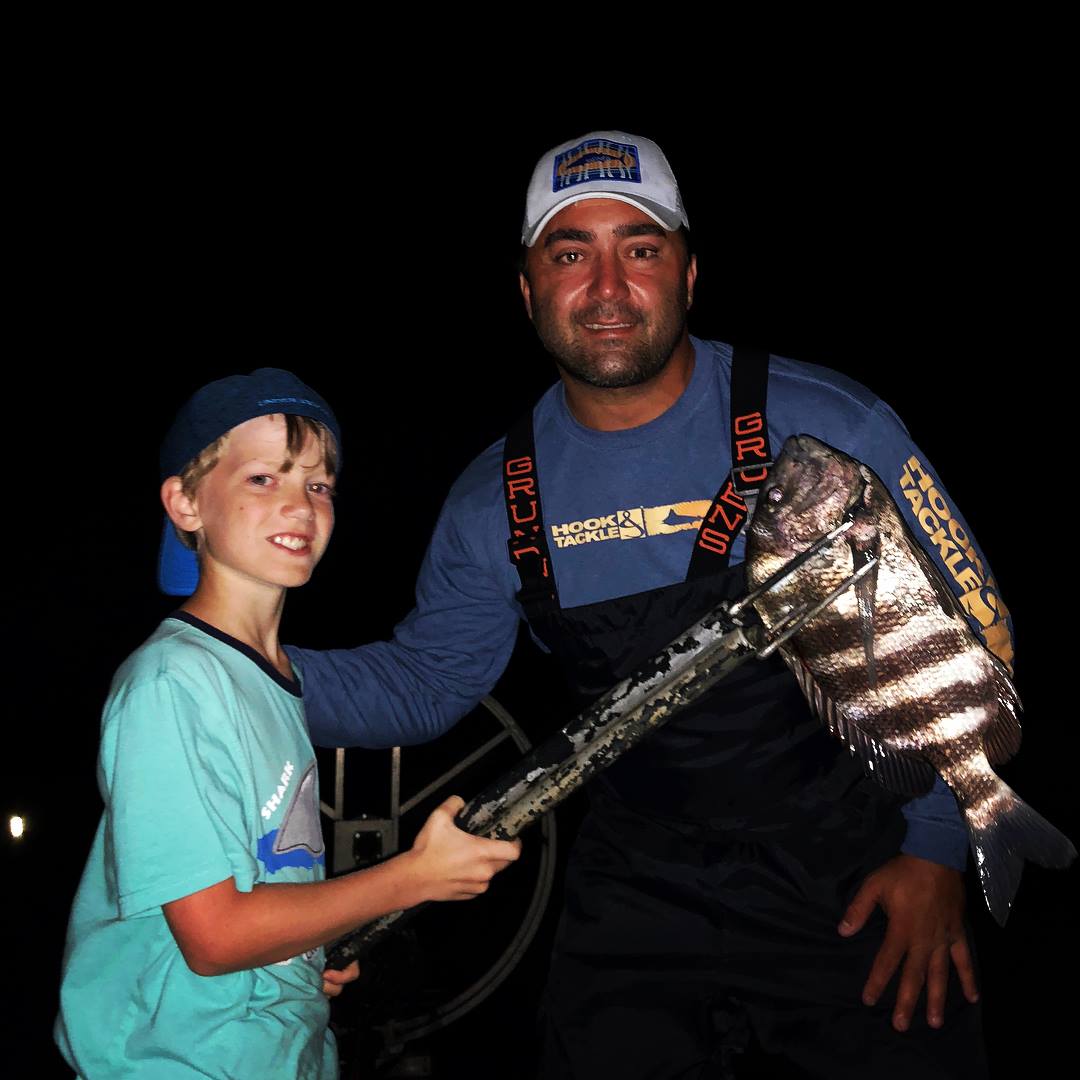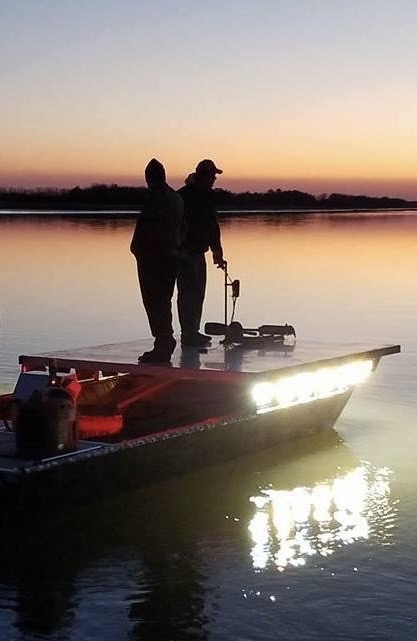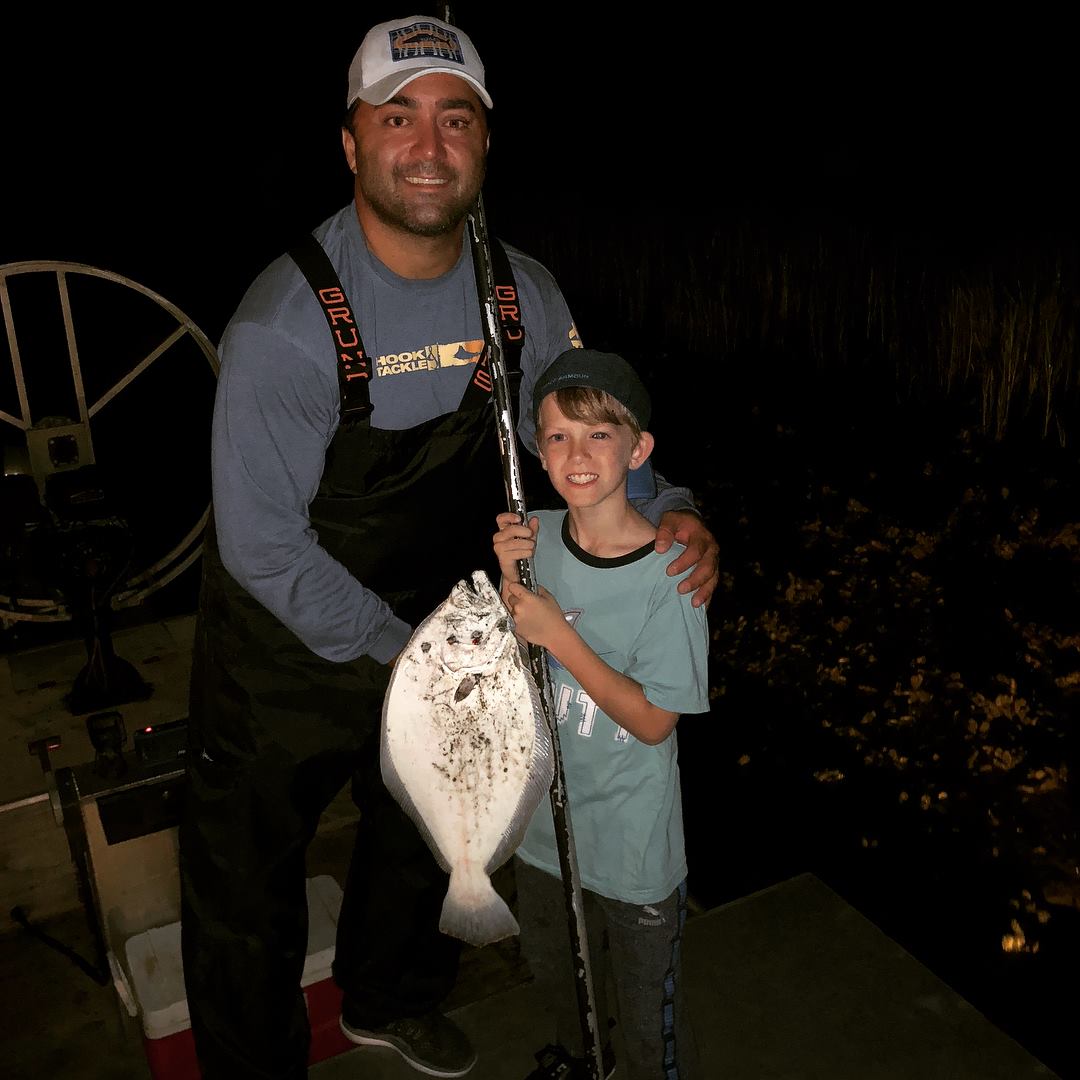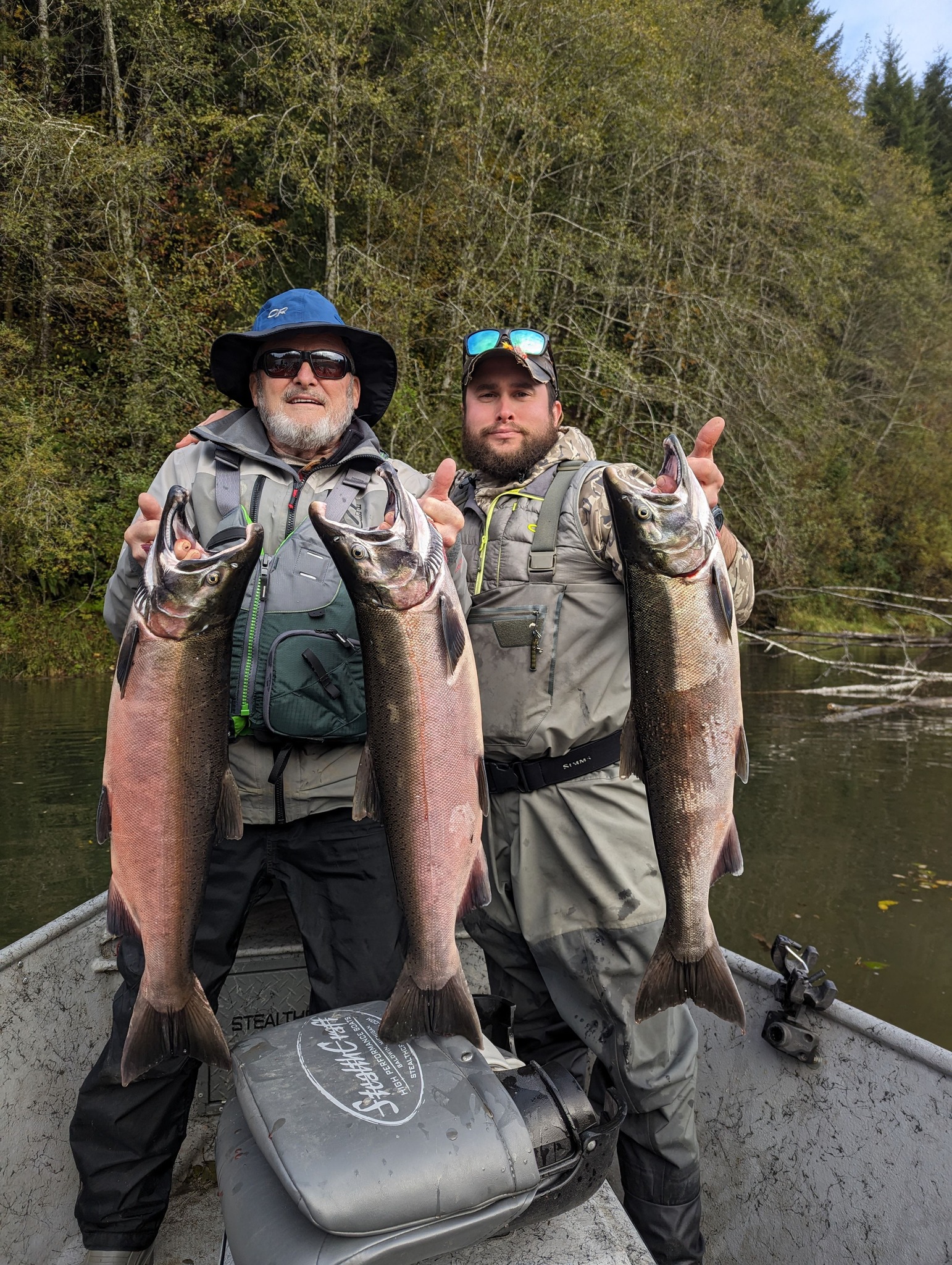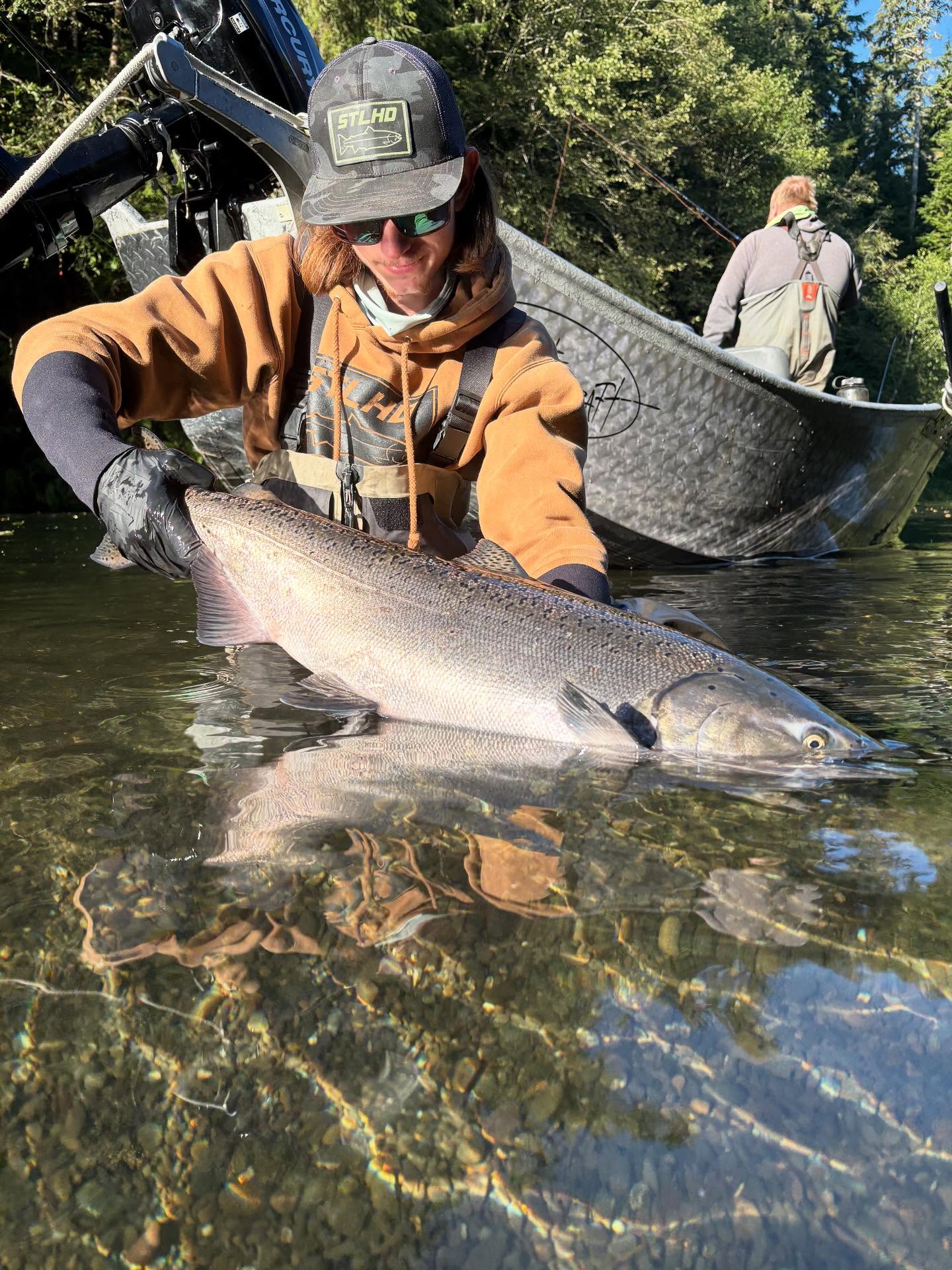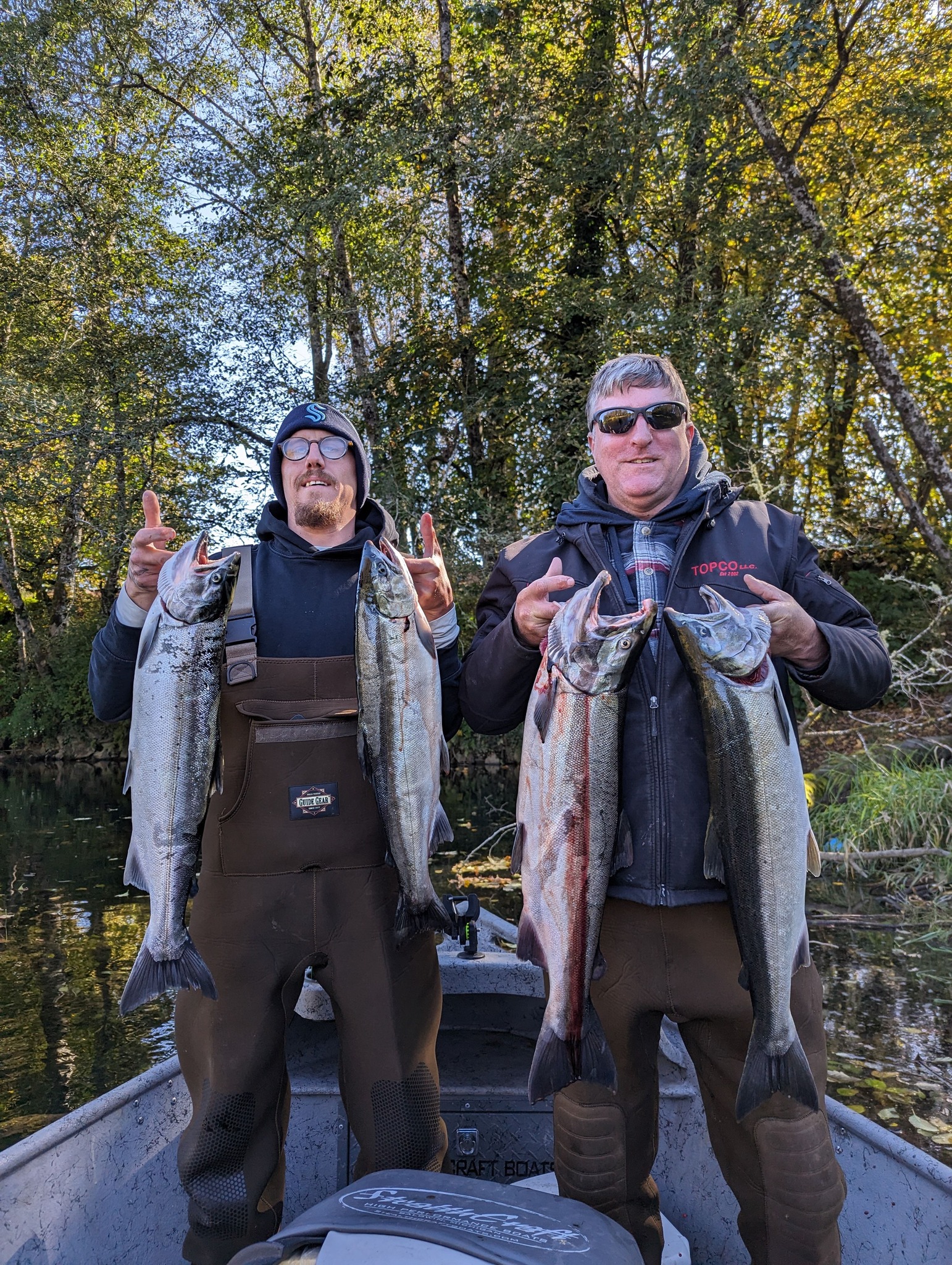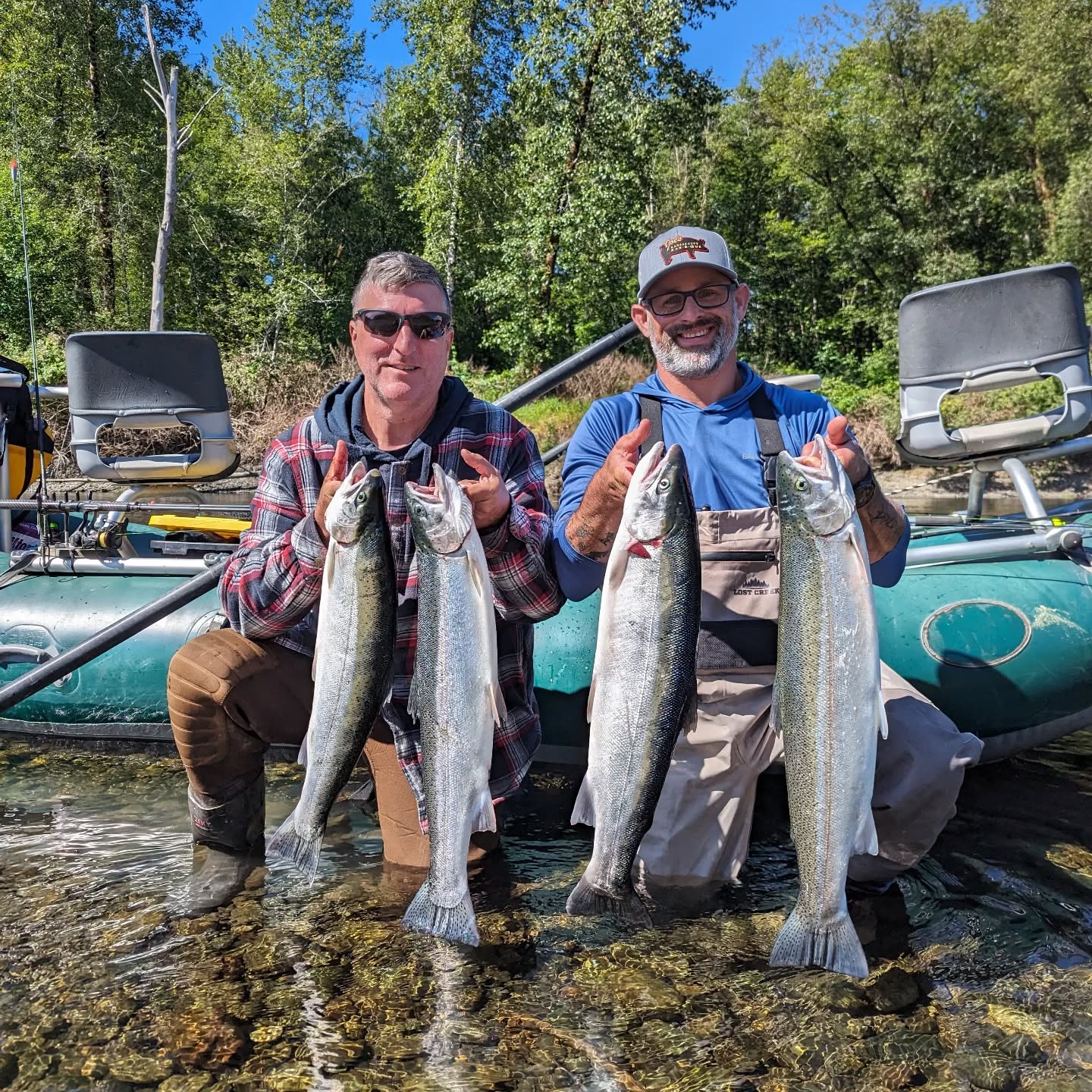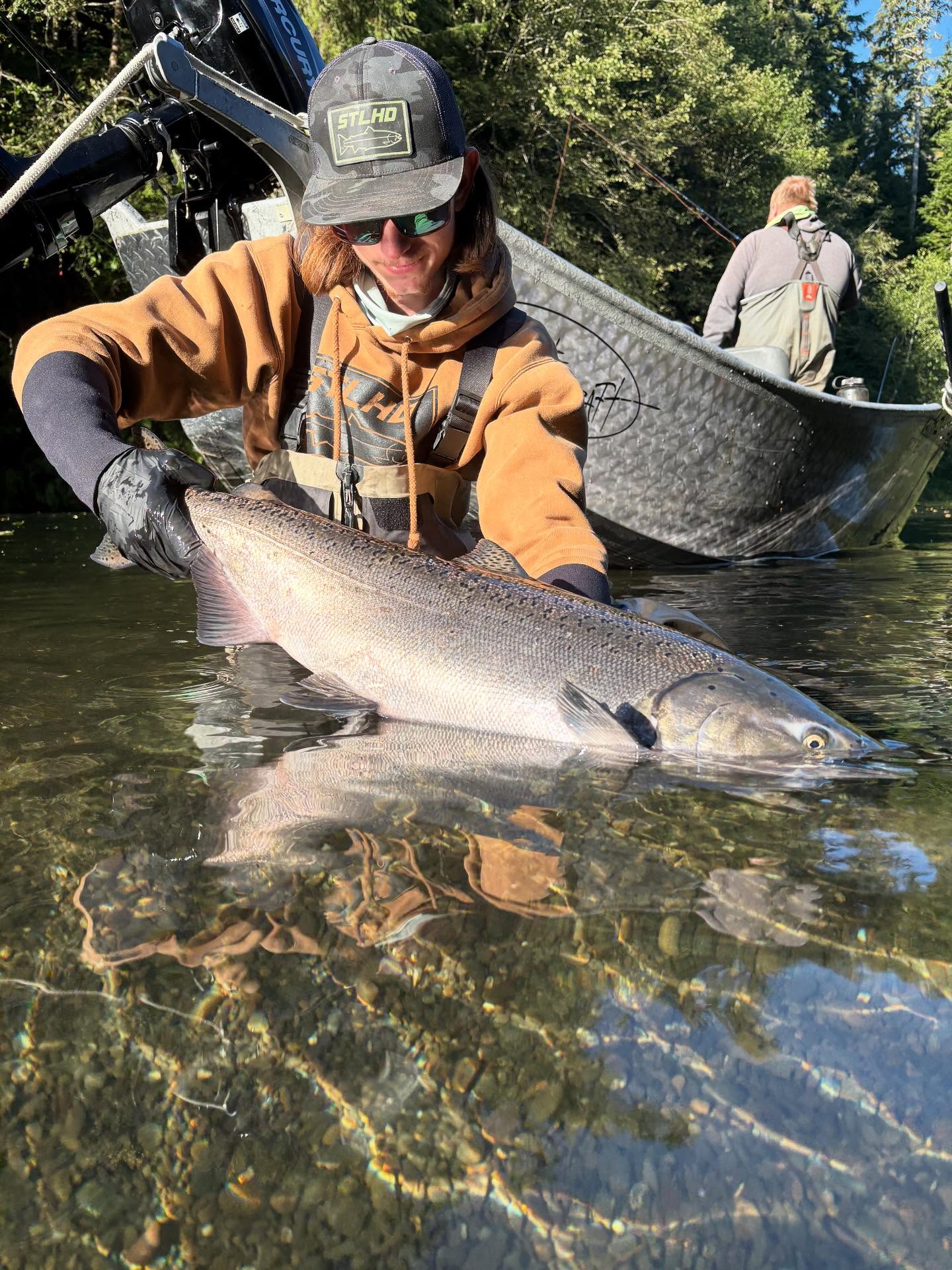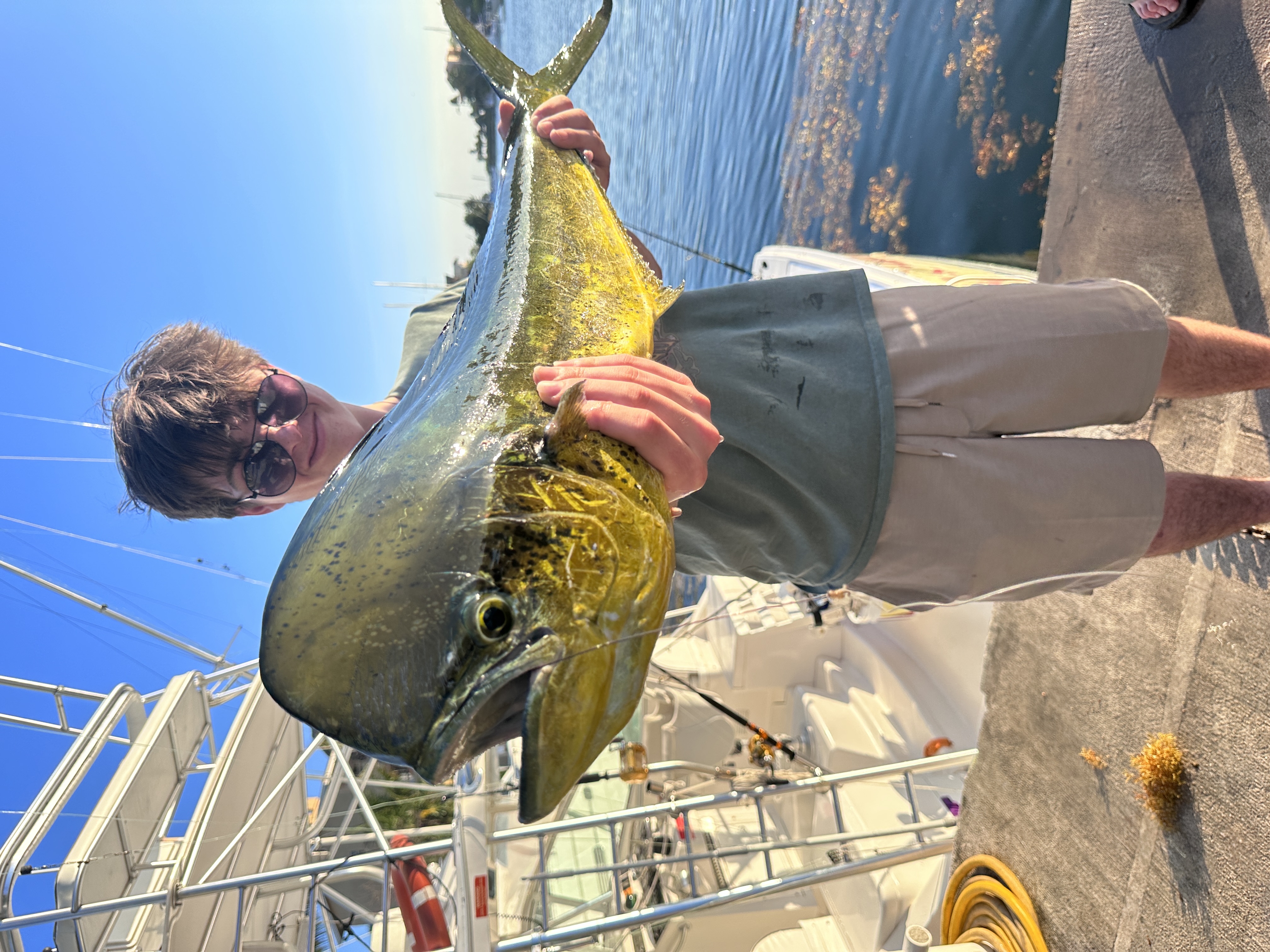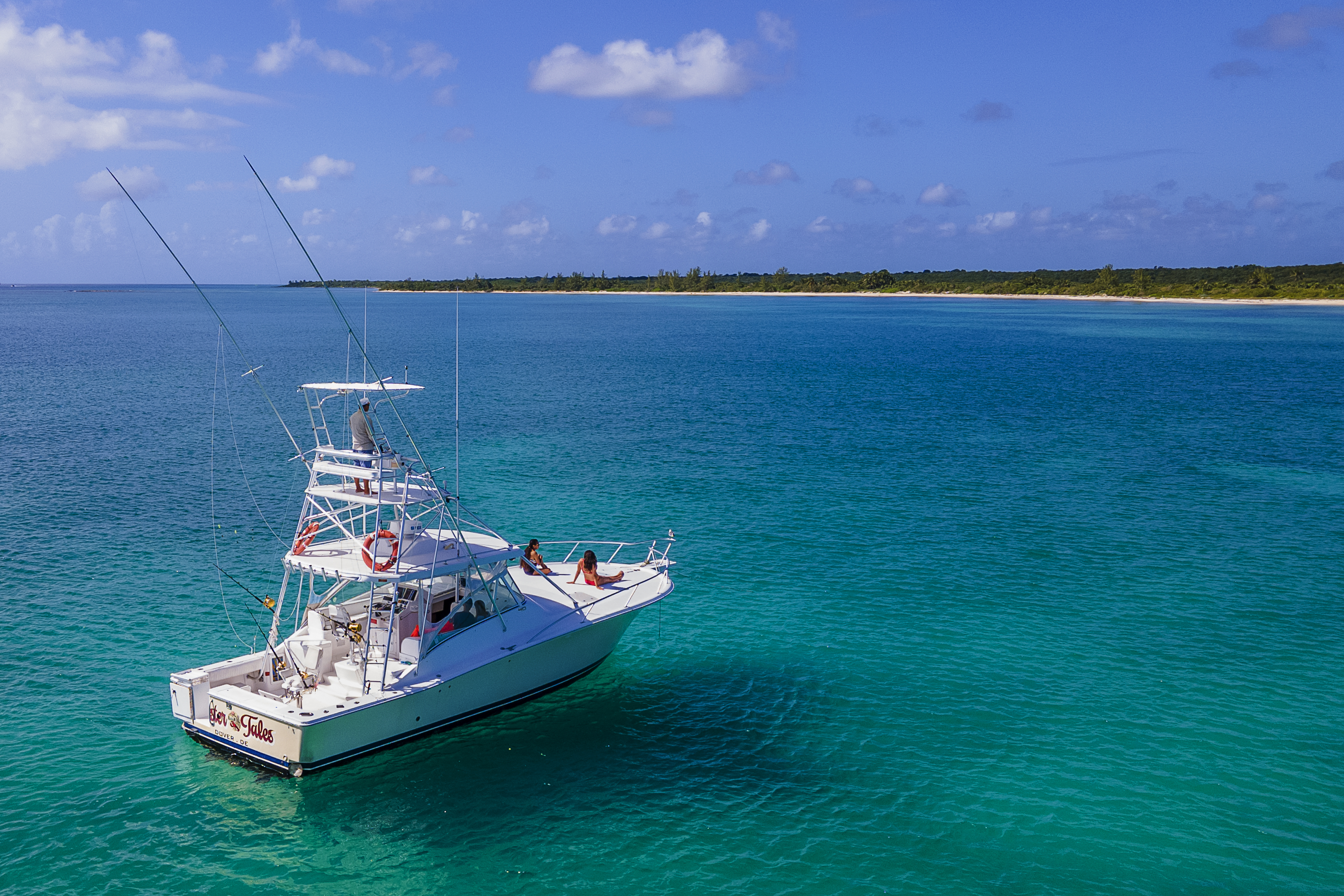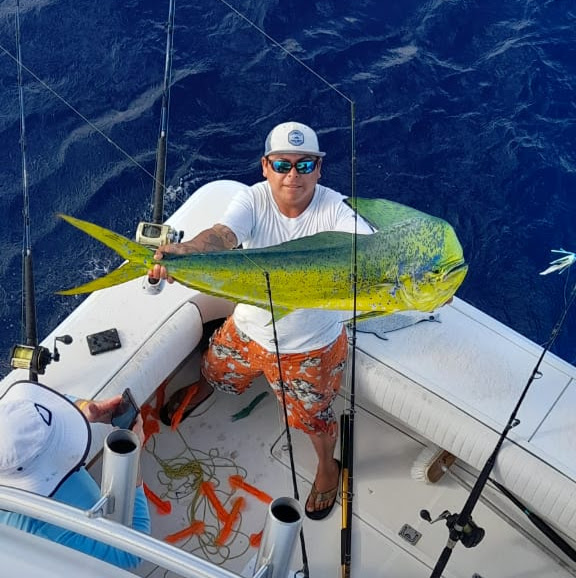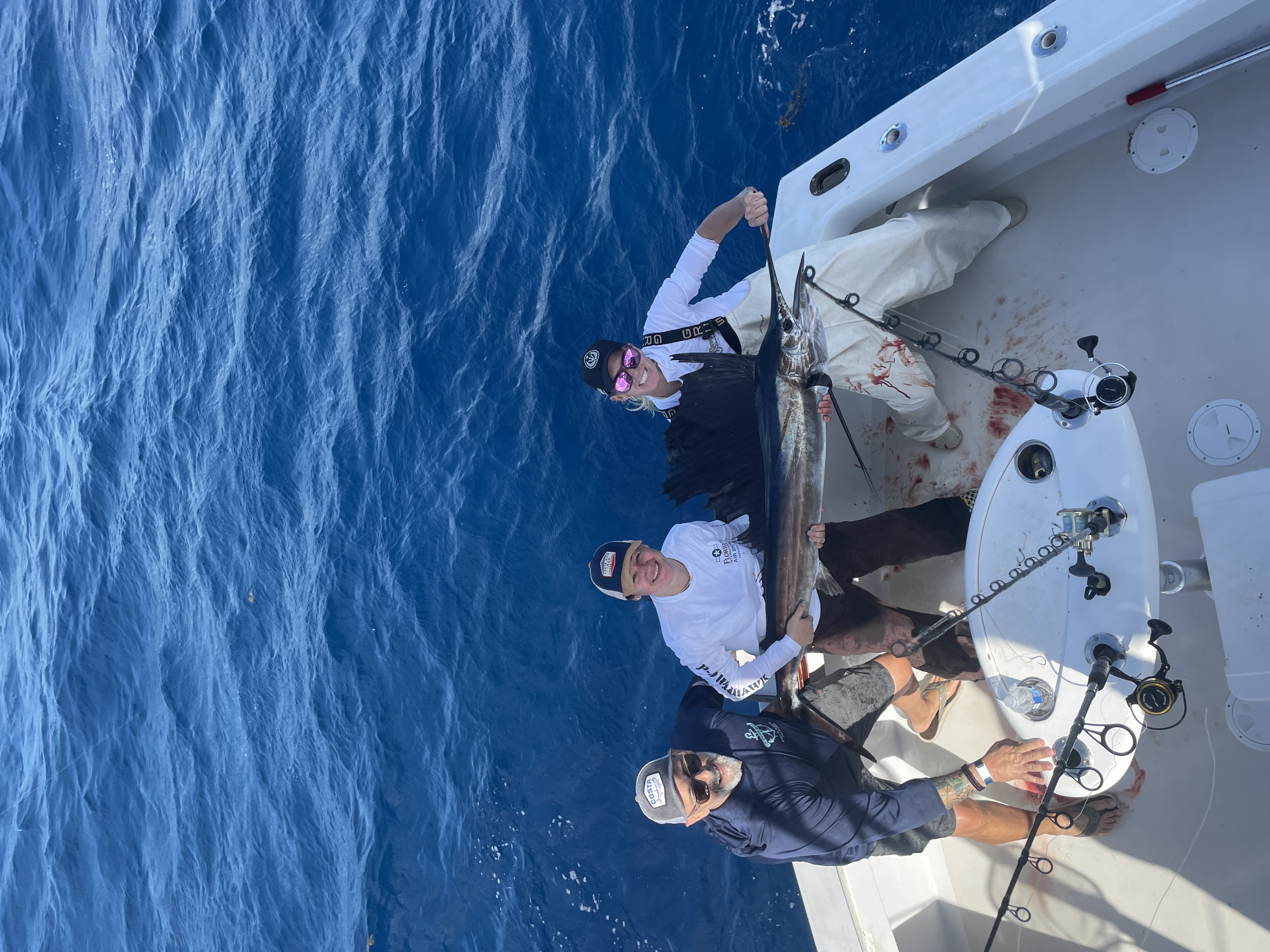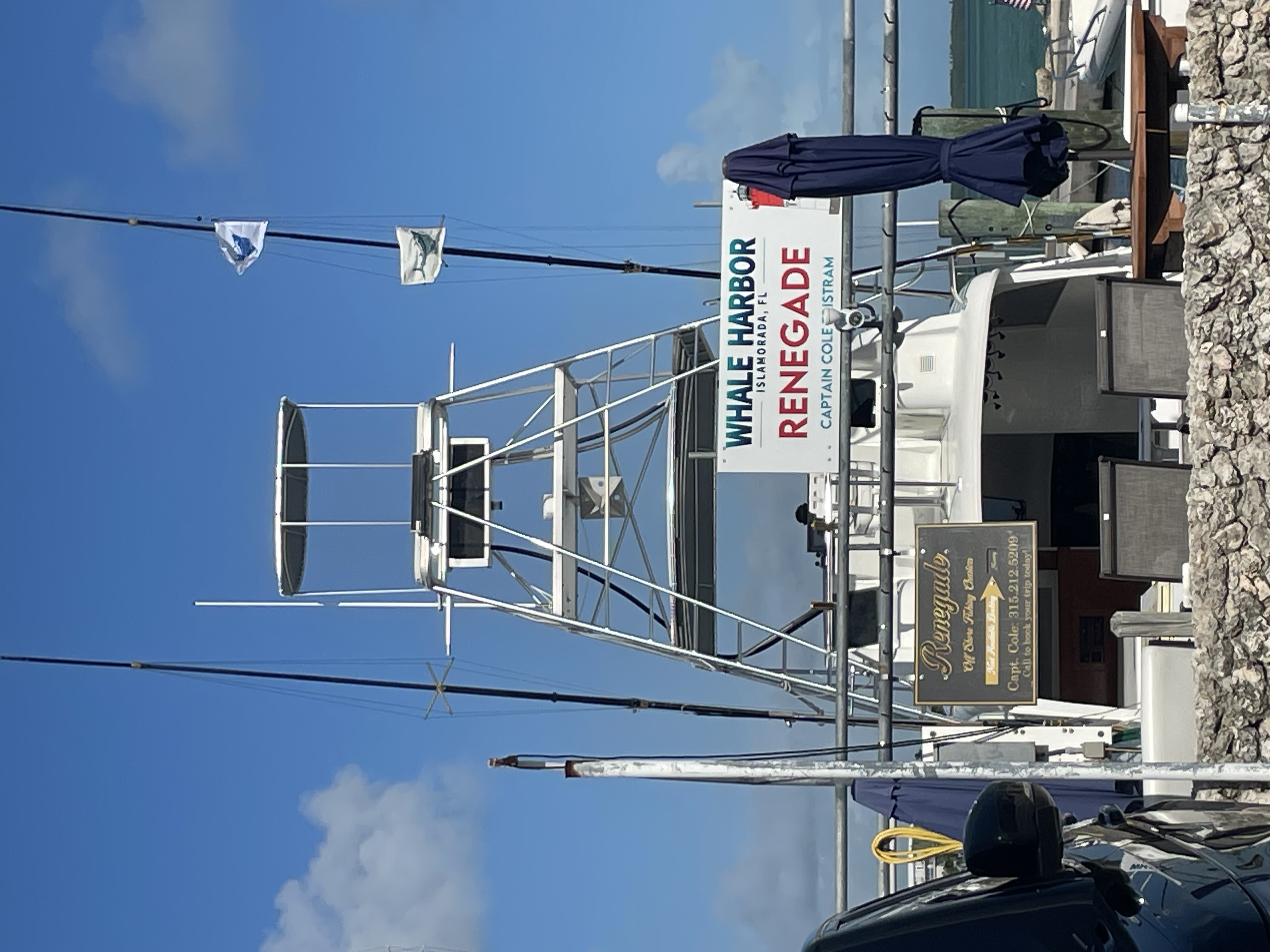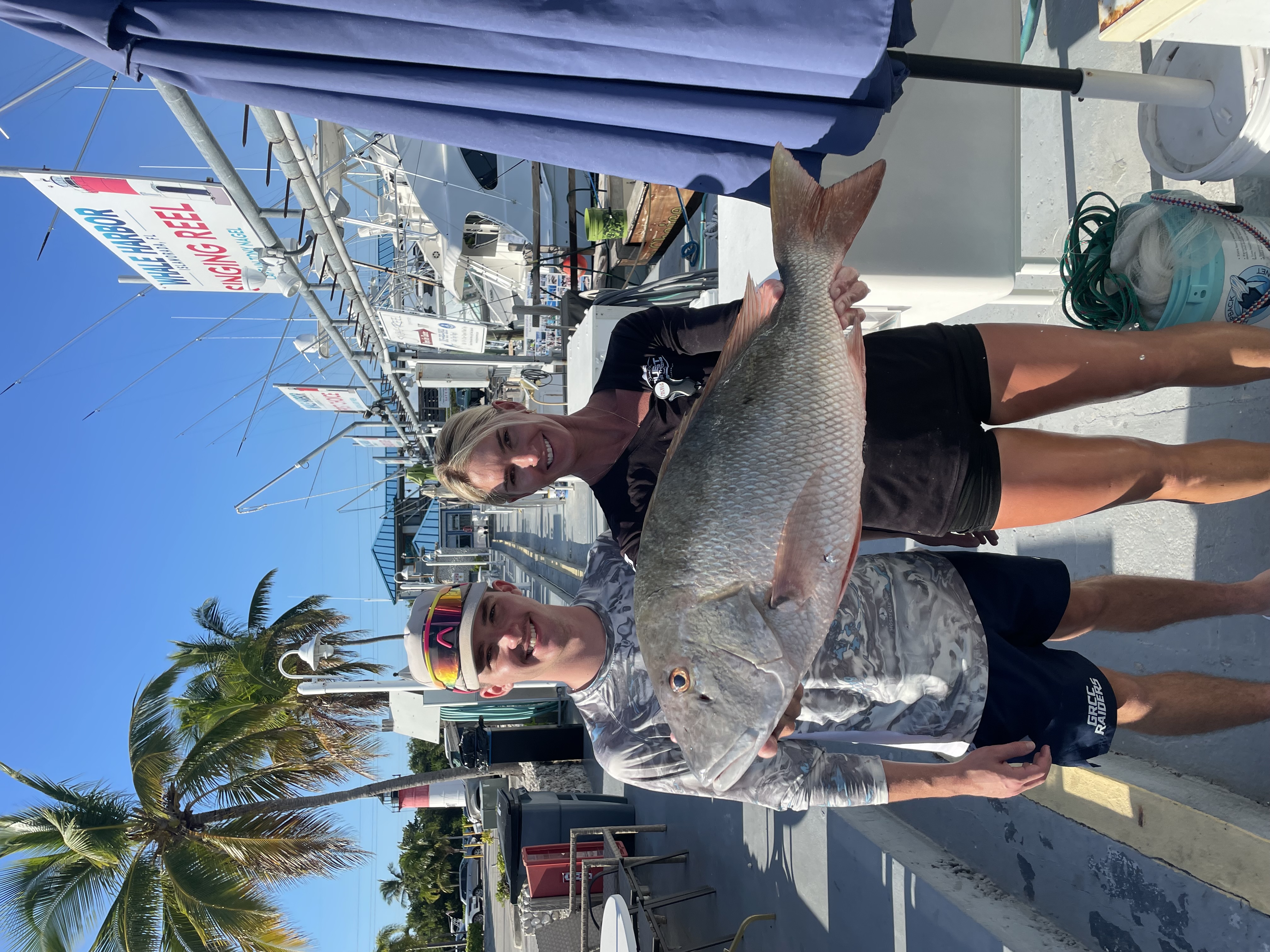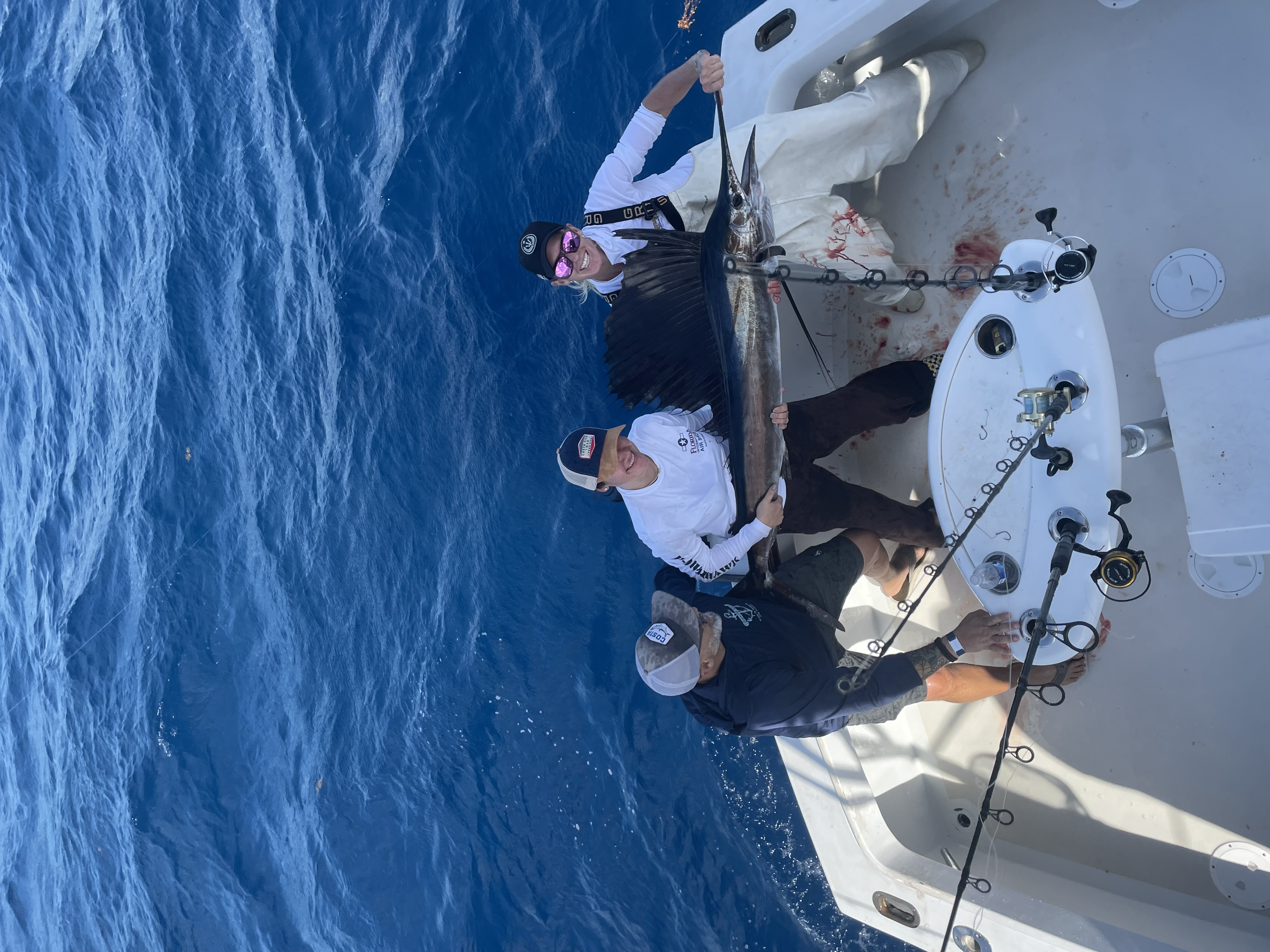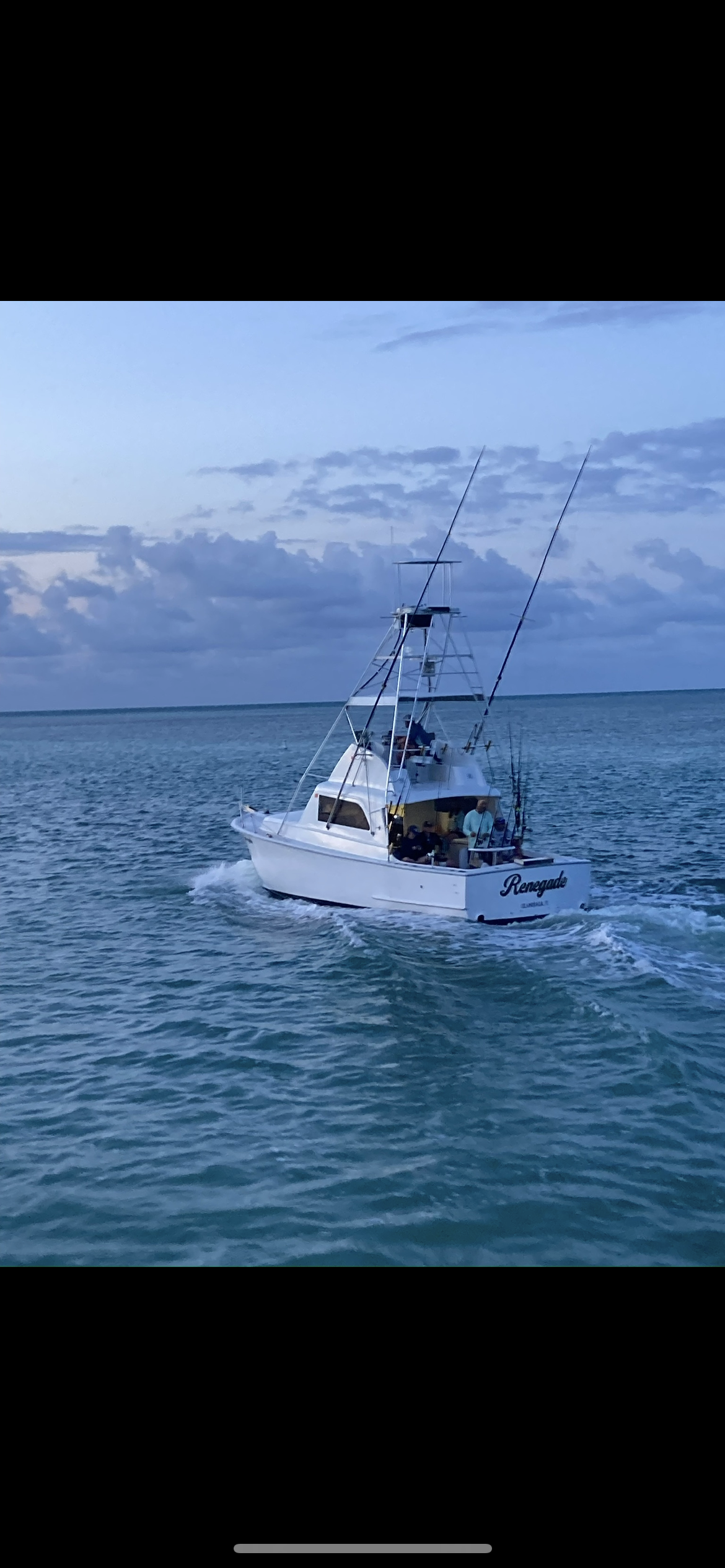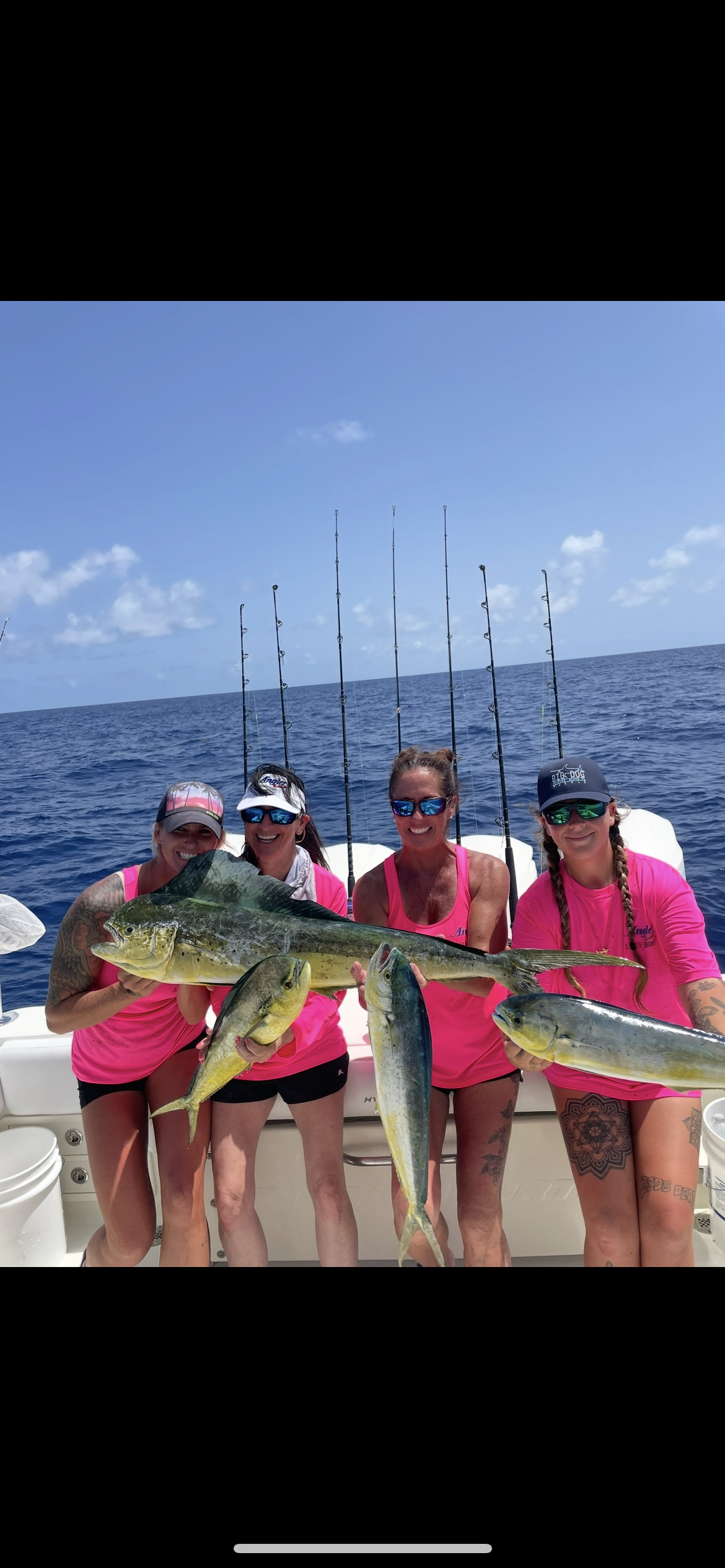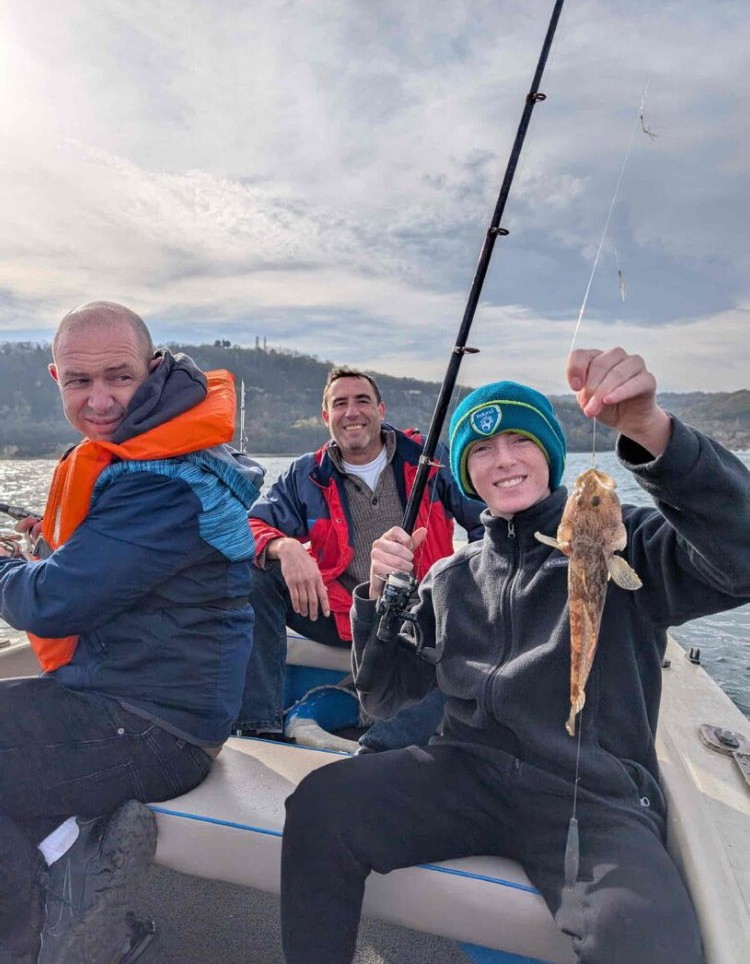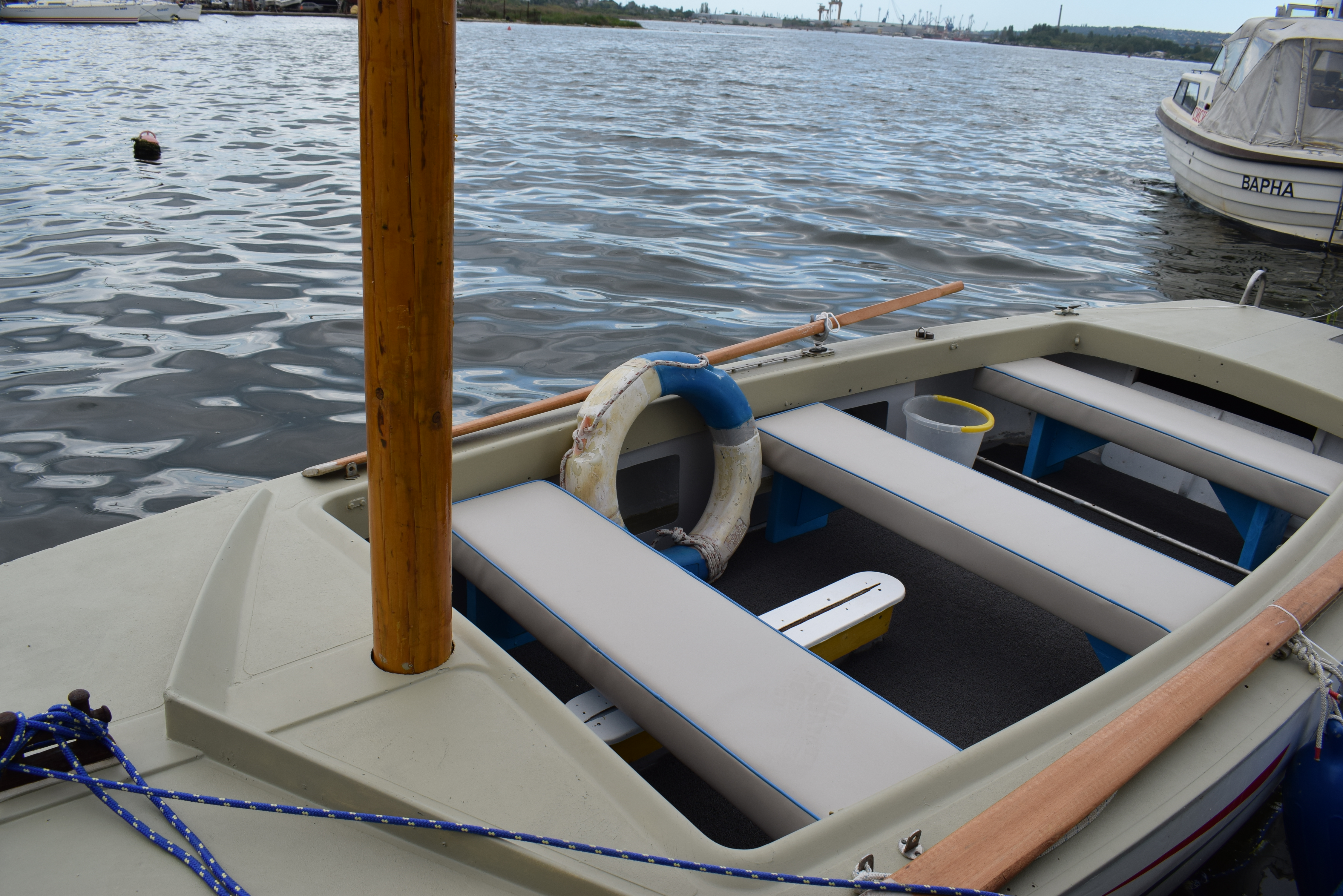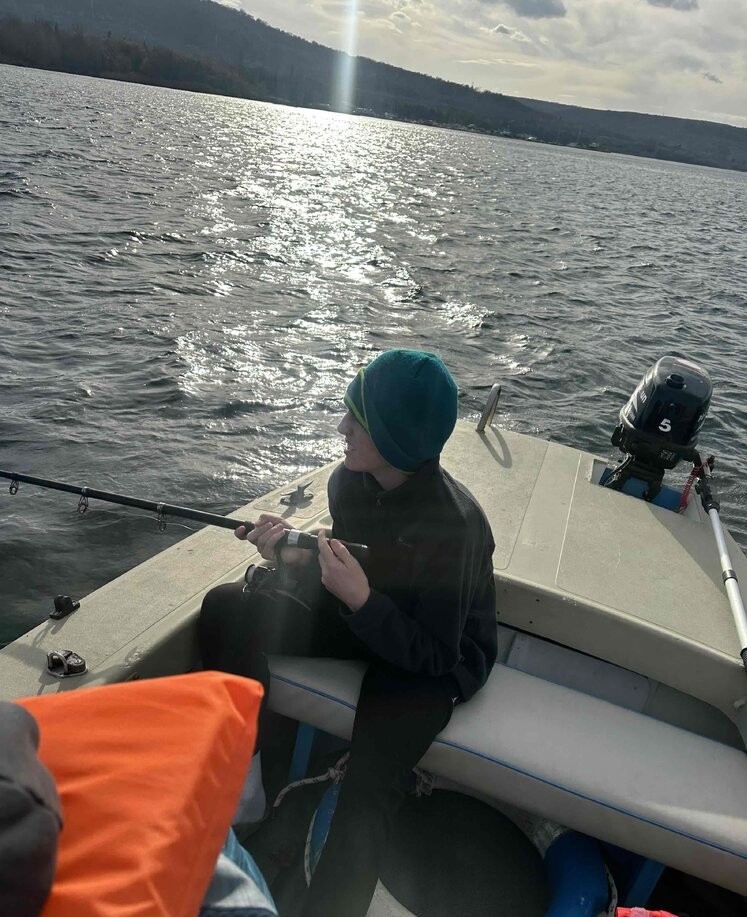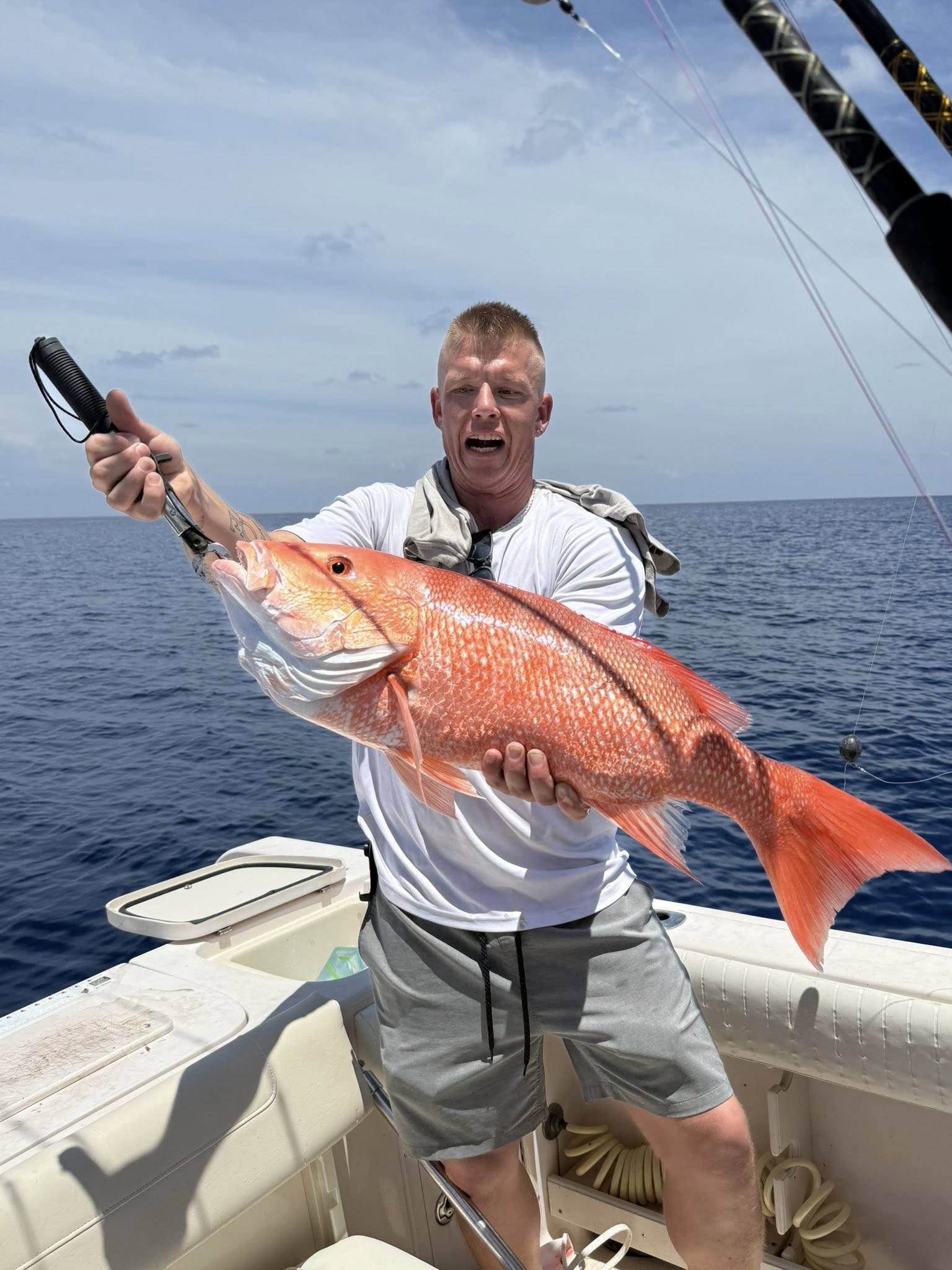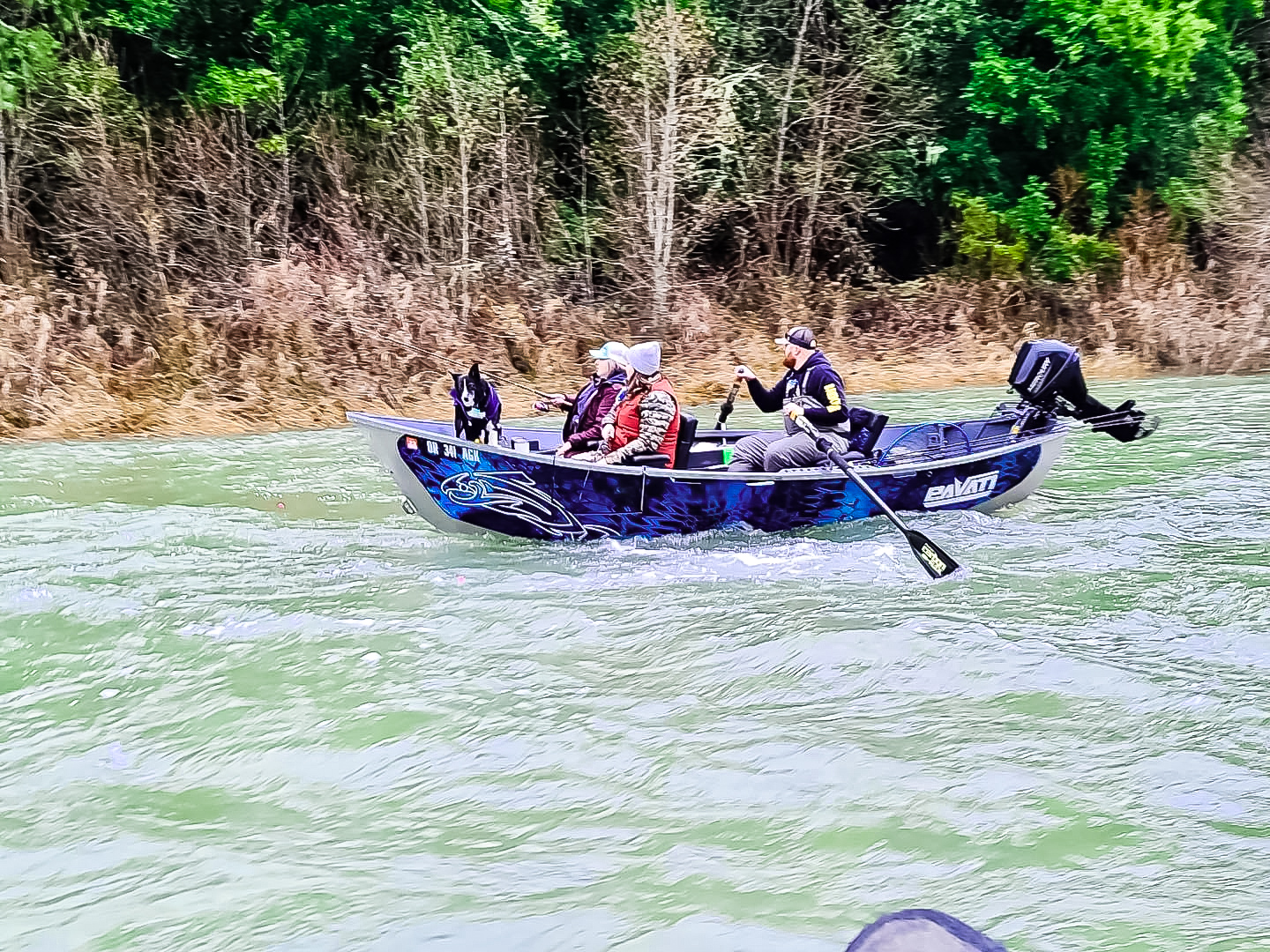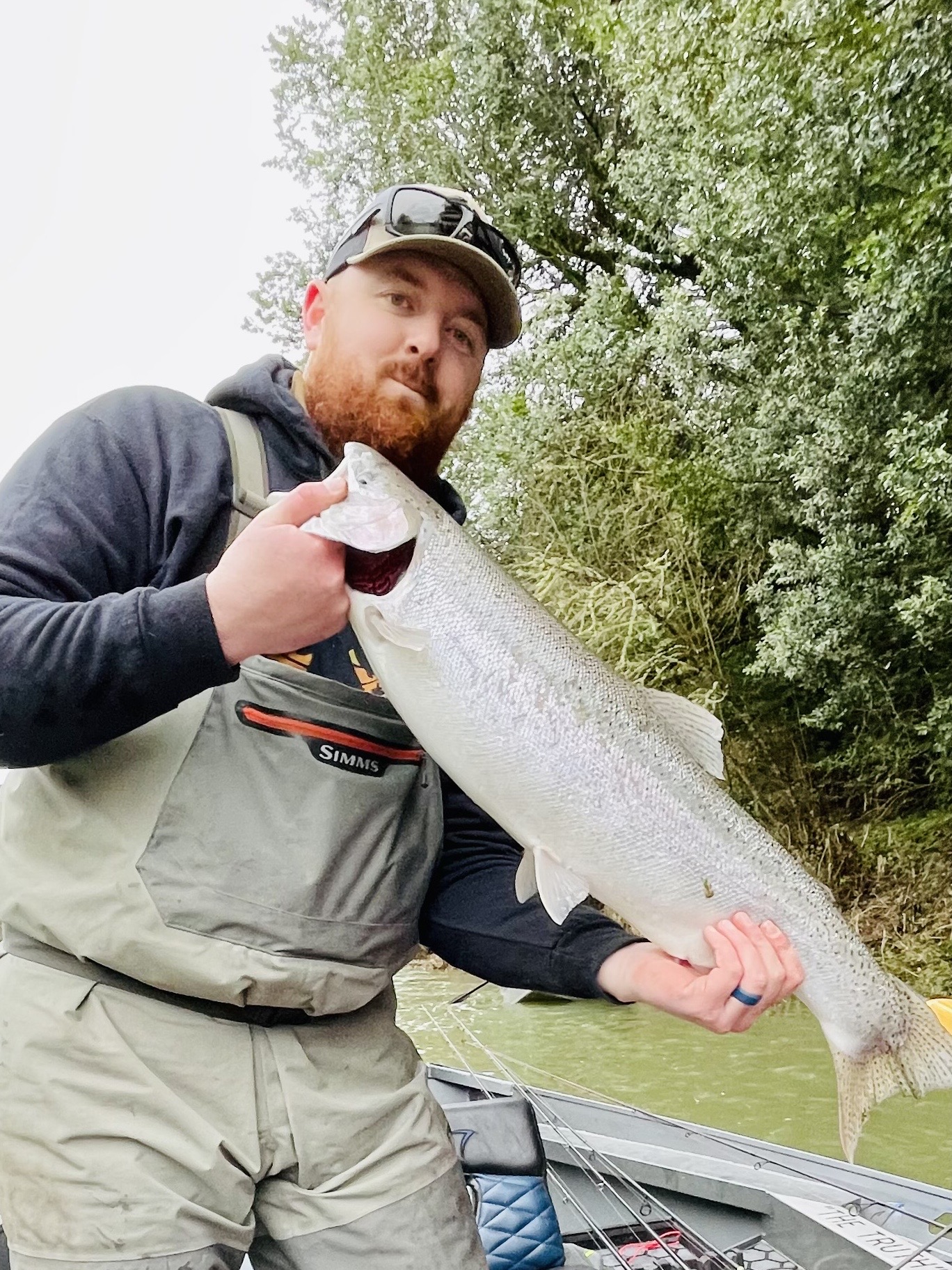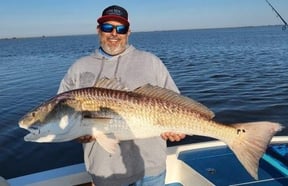Inshore, Flats Fishing in Pineland
Fly Fishing Pineland
Inshore Fishing in Mount Pleasant
Gigging Trip
Salmon Fishing Trip
Steelhead Fishing Trip
Deep Sea, Nearshore Fishing in Puerto Aventuras
Fishing Charter, Puerto Aventuras
Deep Sea, Nearshore Fishing in Islamorada
4 Hour Half Day
Deep Sea, Nearshore Fishing in Islamorada
6 Hour 3/4 Day
Black Sea Trips
Deep Sea, Nearshore Fishing in Sarasota
Red Snapper December Re-Open
Winter Steelhead
We started Captain Experiences to make it easy to book fishing and hunting guides around the world. With over 2,000 Damn Good Guides, our platform makes finding and booking a trip seamless. Head here to check out our trips.
Have you ever wondered how fish got into freshwater lakes? After all, salt water and freshwater are two completely different environments! In this blog post, we will explore the various ways that fish have adapted to live in freshwater ecosystems. We will also take a look at some of the most common types of freshwater fish that can be found in North America. So sit back, relax, and learn about how fish conquered freshwater lakes!
From Rivers to Lakes
One of the most important things to know about freshwater fish is that they are not actually born in freshwater lakes. In fact, most freshwater fish spend their early lives in rivers or streams. It is only when they reach adulthood that they migrate into freshwater lakes. This migration usually takes place during the late spring or early summer months.
There are a number of different reasons why fish migrate from freshwater rivers into lakes. One reason is that lakes offer a more stable environment than rivers. Rivers can be subject to sudden changes in water level, which can be harmful to fish. Lakes are also usually richer in oxygen than rivers, which is important for the health of fish. Another reason why fish migrate into lakes is that lakes provide a more diverse range of food than rivers. Rivers tend to have a narrower range of food options, which can make it difficult for fish to find the nutrients they need. Lakes, on the other hand, are home to a wide variety of aquatic plants and animals. This diversity of food options makes lakes a more attractive option for fish.
So, how do fish actually get from rivers into lakes? There are a few different ways. One way is that fish can simply swim from a river into a lake. This is usually only possible if the river is connected to the lake by a narrow channel of water. Another way is that fish can “ride” the currents of a river as it flows into a lake. This is how many fish migrate from the ocean into freshwater rivers each year.
Acclimation
Once fish arrive in a freshwater lake, they often undergo a process called “acclimation.” This simply means that they adjust to the new environment and learn to cope with the different conditions. For example, freshwater fish typically have to adjust to a lower level of dissolved oxygen in the water. They also have to deal with different predators and different types of food.
One of the most fascinating things about freshwater fish is that they have adapted to live in an environment with very little salt. Salt water is much more dense than freshwater, so fish must constantly pump water out of their bodies in order to stay buoyant. In contrast, freshwater fish have evolved to absorb salt from their environment in order to maintain a proper balance of fluids in their bodies.
Catching Freshwater Species
After acclimating to their new freshwater environment, fish are able to reproduce and create the next generation of freshwater fish. This cycle has been going on for millions of years, and it is how species like Bass, Trout, and Catfish have come to dominate freshwater lakes all over the world. These fish are popular among anglers because they put up a good fight when they are hooked. Additionally, freshwater fish are often easier to catch than saltwater fish because they are not as adept at swimming away from hooks. So if you're looking to get into fishing, freshwater lakes are a great place to start!
So next time you go fishing, take a moment to think about the amazing journey that those fish have taken just to end up in your bait bucket. And if you're feeling lucky, maybe you'll even catch one!
Want to learn more about freshwater fish? Check out this blog post.
Milo Kashey
Updated on August 2, 2023
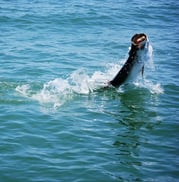
April 15, 2022

June 28, 2023

August 21, 2023
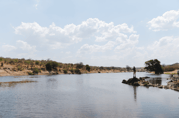
March 8, 2022

October 26, 2020
Related Articles
November 10, 2022
January 25, 2023
July 20, 2022
Featured Locations
- Fishing Charters Near Me
- Austin Fishing Guides
- Biloxi Fishing Charters
- Bradenton Fishing Charters
- Cabo San Lucas Fishing Charters
- Cancun Fishing Charters
- Cape Coral Fishing Charters
- Charleston Fishing Charters
- Clearwater Fishing Charters
- Corpus Christi Fishing Charters
- Crystal River Fishing Charters
- Dauphin Island Fishing Charters
- Daytona Beach Fishing Charters
- Destin Fishing Charters
- Fort Lauderdale Fishing Charters
- Fort Myers Fishing Charters
- Fort Walton Beach Fishing Charters
- Galveston Fishing Charters
- Gulf Shores Fishing Charters
- Hatteras Fishing Charters
- Hilton Head Fishing Charters
- Islamorada Fishing Charters
- Jacksonville Fishing Charters
- Jupiter Fishing Charters
- Key Largo Fishing Charters
- Key West Fishing Charters
- Kona Fishing Charters
- Lakeside Marblehead Fishing Charters
- Marathon Fishing Charters
- Marco Island Fishing Charters
- Miami Fishing Charters
- Montauk Fishing Charters
- Morehead City Fishing Charters
- Naples Fishing Charters
- New Orleans Fishing Charters
- New Smyrna Beach Fishing Charters
- Ocean City Fishing Charters
- Orange Beach Fishing Charters
- Panama City Beach Fishing Charters
- Pensacola Fishing Charters
- Pompano Beach Fishing Charters
- Port Aransas Fishing Charters
- Port Orange Fishing Charters
- Rockport Fishing Charters
- San Diego Fishing Charters
- San Juan Fishing Charters
- Sarasota Fishing Charters
- South Padre Island Fishing Charters
- St. Augustine Fishing Charters
- St. Petersburg Fishing Charters
- Tampa Fishing Charters
- Tarpon Springs Fishing Charters
- Venice Fishing Charters
- Virginia Beach Fishing Charters
- West Palm Beach Fishing Charters
- Wilmington Fishing Charters
- Wrightsville Beach Fishing Charters


